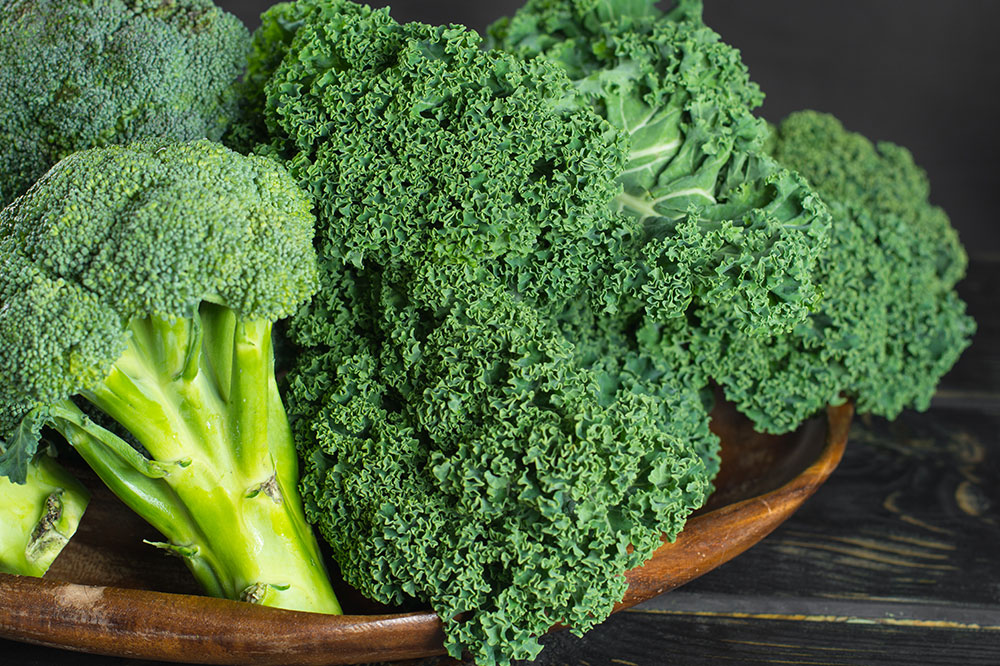3 easy tips to manage lymphoma
The thymus gland, spleen, bone marrow, and lymph nodes make up the body’s disease-fighting lymphatic system. Cancer that begins in these lymph nodes is known as lymphoma, and it could be of two main types – Hodgkin’s lymphoma, and non-Hodgkin’s lymphoma. In either case, it is a progressive and aggressive condition that spreads through the body quickly. In the early stages, symptoms can generally be treated with nutrition and lifestyle changes as well as certain treatment options.
Treatments for Lymphoma
Ibrutinib, marketed under the brand name IMBRUVICA® is an FDA approved oral prescription suggested for patients with mantle cell lymphoma and small lymphocytic lymphoma (SLL). IMBRUVICA® belongs to a class of Bruton’s tyrosine kinase (BTK) inhibitors that work by blocking the BTK enzymes that promote cancer growth.

Nutrition tips
- Cruciferous vegetables including kale, broccoli, Brussels sprouts and complex carbohydrates like whole wheat grain and oats should form part of daily foods.
- Nutritionists recommend adding more lean proteins sourced from chicken, turkey, or seafood to one’s food regimen.
- It is also advisable to substitute full-fat dairy with low-fat and organic alternatives.
- Fresh fruits including apples, bananas, melons, cherry tomatoes, and assorted cooked vegetables supplement the necessary vitamins and minerals to boost immunity.
- Ensuring food safety is important to minimize the risk of infections. Washing, peeling, and establishing a clean cooking environment lowers the chances of infections.
Lifestyle changes to manage symptoms
The progressive disorder exhibits several symptoms including swollen lymph nodes, fatigue, weight loss, night sweats, itching, swelling in the arms or legs, and pain. Some people also experience cognitive impairment that affects thinking abilities. Doctors recommend changes in daily nutrition to combat the fatigue. Layered clothing made from airy fabric like cotton and layered mattresses can help manage night sweats. Doctors also suggest unscented moisturizers, an oatmeal bath, applying a cool pack, and wearing loose fitting clothing to manage the itching among other skin problems. Heat and cold therapy are effective in managing any pain caused by lymphoma. In addition, supportive care and social therapy can help with any cognitive impairment.
An action plan is necessary to learn more about the type of lymphoma, types of testing needed to confirm its symptoms, and expected progression of the disease. Healthcare providers explain the available treatment options, reactions to treatment, and overall outlook based on severity of the symptoms.

